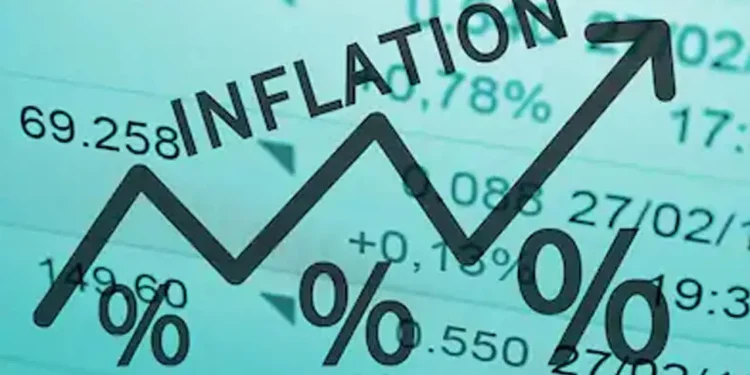Nigeria’s inflation rate eased to 18.02 per cent in September 2025, down from 20.12 per cent in August, according to the latest Consumer Price Index (CPI) report released by the National Bureau of Statistics (NBS).
The report showed that the 2.1 per cent decline in inflation was driven largely by a moderation in food and energy prices, reflecting a gradual easing of price pressures across key consumer categories.
On a year-on-year basis, headline inflation stood at 14.68 per cent, significantly lower than the 32.70 per cent recorded in September 2024.
Month-on-month, inflation was 0.72 per cent in September, compared to 0.74 per cent in August, indicating continued price stability. Food inflation also moderated to 16.87 per cent, down from 37.77 per cent in the corresponding period of 2024.
The Centre for the Promotion of Private Enterprise (CPPE) welcomed the sustained decline in inflation, describing it as a positive signal of improving macroeconomic conditions and effective policy alignment.
“The moderation in inflation is a significant indicator of improving macroeconomic conditions and policy traction,” said Dr. Muda Yusuf, Chief Executive Officer of CPPE.
However, Yusuf cautioned that despite the positive trend, the cost-of-living crisis remains severe, particularly for low- and middle-income households still grappling with high food and utility costs.
The NBS noted that the inflation moderation coincided with a period of relative stability in the foreign exchange market, helping to ease imported inflation pressures and improve business confidence.
With inflation on a downward trajectory, analysts expect the trend to support consumer spending and bolster economic recovery in the coming months, provided current monetary and fiscal policies remain consistent.















